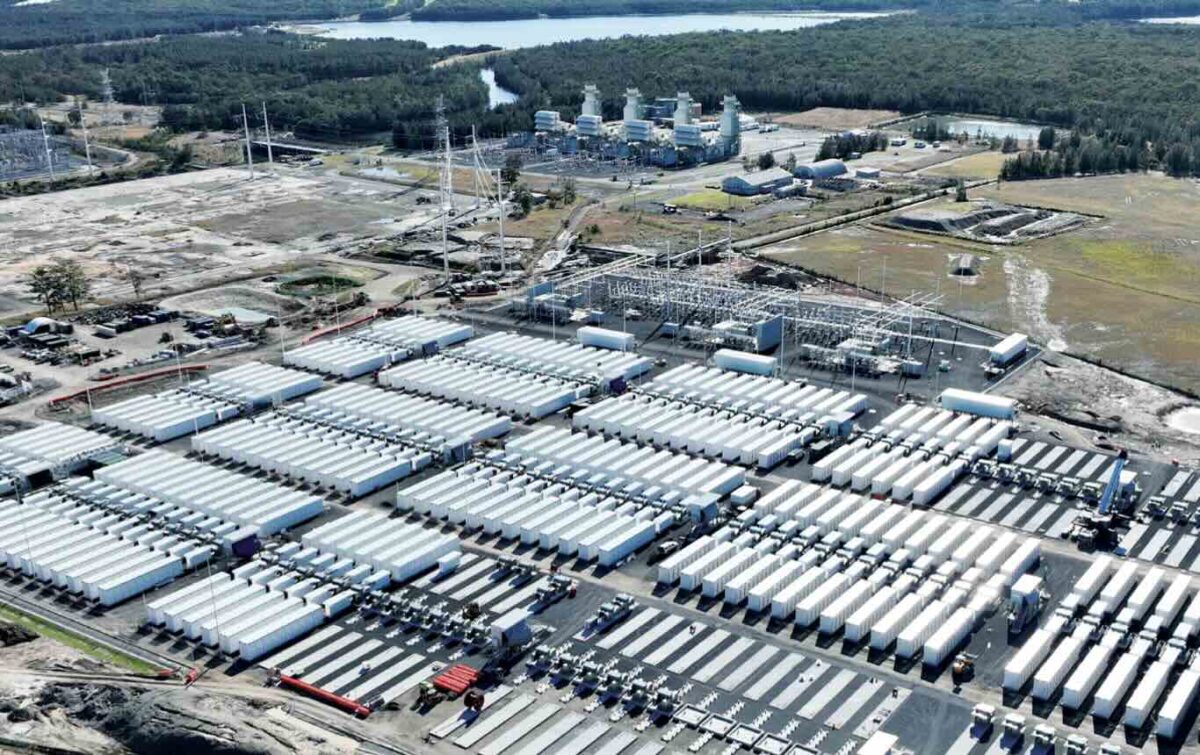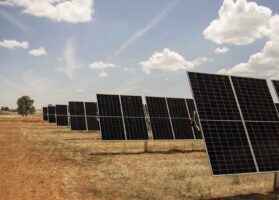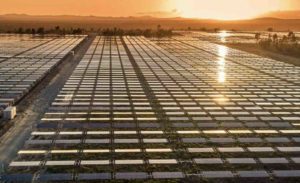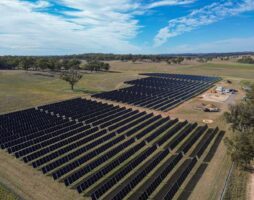The newest and biggest battery to join the NSW grid emerged as a key player in the Australian Energy Market Operator’s efforts to keep the lights on for everyone as NSW struggled through a heat wave with one third of its coal generators out of action.
The Waratah Super Battery on the central coast, which at 850 MW and 1680 MWh will be the biggest in the Australian grid, at least for a while, was instructed by AEMO on Wednesday to maintain a charge of 96 MWh.
Earlier in the day, Iberdrola’s smaller Wallgrove battery in western Sydney was also instructed to maintain a charge – of 59 MWh – as part of the resources marshalled by AEMO to respond to any further supply needs as the power crunch intensified in the afternoon.
AEMO said it had also dispatched contracts under its reliability and emergency reserve trader mechanism (RERT), and it is believed this included 75 MW of demand response capacity through Enel X.
But the instruction to Waratah was the big surprise, given the battery – whose principal role will be to act as a kind of giant “shock absorber” that allows transmission lines into major load centres to be run at full capacity – has only just entered the commissioning process.
AEMO said in a notice that the intervention was necessary to “maintain the reliability standard”. The instruction was due to take effect until 7pm grid time (8pm AEDT), but was later cancelled at 4.45pm grid time as the supply pressures eased.
The Waratah battery has been built by Akaysha Energy on the site of the shuttered Munmorah power station, just up the road from the country’s biggest coal generator Eraring, where an even bigger 700 MW, 2,800 MWh battery is being built, but where an extended outage from one of its coal units added to the supply challenge on Wednesday.
The Waratah battery is not fully commissioned – it is understood to be at the second hold point level – and is due to commit the bulk of its capacity to the “shock absorber” contract with the NSW government’s EnergyCo in 2025.
The increasingly prominent role of battery storage was highlighted by federal energy minister Chris Bowen in a statement to parliament earlier in the day, where he noted that five coal and gas units were out of action, two of them unplanned.
“AEMO has advised me that batteries will play a very important role this afternoon in NSW. Durin g the day they are absorbing energy and they will be called upon this evening,” he said.
The current fleet of batteries in NSW are relatively small, but that will change soon with the full commissioning of the Waratah Super battery.
Other big batteries underconstruction include the 500 MW, 1,000 MWh Liddell battery, the 700 MW, 2,800 MWh Eraring battery and the 250 MW, 500 MWh Williamsdale battery, along with three eight-hour batteries that will also be underwritten by the NSW government.
Those eight hour battery projects include a 275 MW, 2,200 MWh facility at Myrtle Creek in northern NSW, the 49 MW, 392 MWh Goulburn River facility, and the 50 MW, 400 MWh Limondale battery.
The 100 MW, 200 MWh Capital battery is also going through commissioning, with other big batteries are under construction at Koorangie, Quorn Park, Smithfield, Orana, and New England. And this week the state government approved a new 500 MW, 2,000 MWh big battery at Mt Piper, next to the existing coal fired generator.
See also Renew Economy’s Big Battery Storage Map of Australia.








